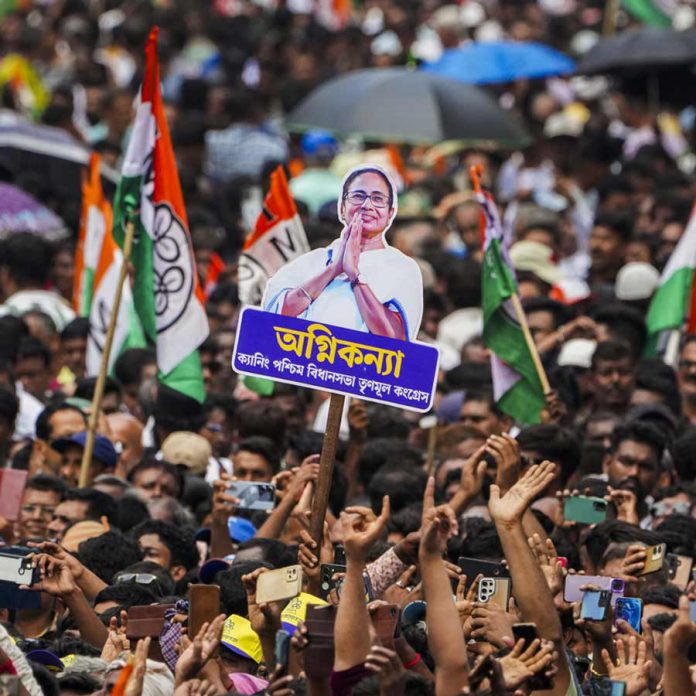Synopsis
Qalam Times News Network breaks down the ‘Speech Ratings’ of 8 key TMC leaders at the Dharmatala rally. Find out who impressed, who stumbled, and what each speech revealed about the party’s current political strategy ahead of the Assembly polls.
Opening Shots: Speech Ratings Set the Stage
Speech Ratings were at the heart of Qalam Times’ analysis of this year’s Shaheed Diwas rally by the Trinamool Congress (TMC). With 10 speakers on stage at Dharmatala, excluding the usual stars—Mamata Banerjee and Abhishek Banerjee—this year’s focus was on eight carefully chosen voices. Each was handpicked for a reason: strategic relevance, symbolic outreach, or organizational strength.
This wasn’t just another political showcase. With the state assembly elections around the corner, the speech ratings became a litmus test of oratory, message discipline, and emotional connect—especially in front of a massive crowd gathered to mark a politically sacred day for the party.
Subrata Bakshi: The Elder Statesman
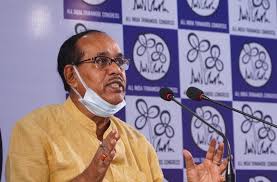
Subrata Bakshi, TMC’s state president, kicked off the proceedings—as he traditionally does. His delivery wasn’t fiery, but it was firm. He evoked the backdrop of July 21 and the founding years of the party with the calm of a seasoned hand. On the CAA-NRC issue, he credited Mamata Banerjee’s resistance for the widespread availability of voter ID cards across India. He ended with a directive to the crowd: “Don’t leave before hearing the leader’s message.” Classic guardian-mode.
Bratya Basu: High Volume, Low Precision
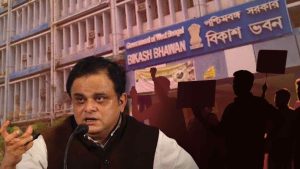
Basu thundered more than he delivered. His speech tried to tap into Bengali pride, but misquotes derailed him. Rabindranath, Nazrul, and Atulprasad references were mangled. A metaphor meant to sting the BJP—“the third child of a goat”—lost its punch when he translated it awkwardly into English. It was more noise than nuance, and the speech rating reflected that.
Birbaha Hansda: A Natural Voice from the Margins
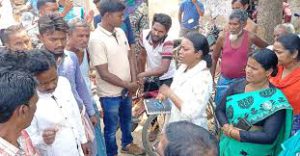
The Forest Minister and Santhal leader Birbaha Hansda stood out for her poise and clarity. She switched effortlessly between Santali and Bengali, engaging a massive crowd with grace that many seasoned leaders struggle to summon. As the daughter of Naren Hansda, she brought both political lineage and fresh authenticity to the stage. The audience noticed.
Sushmita Dev: Clear, Controlled, But Distant
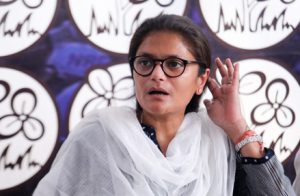
Sushmita, daughter of former Union Minister Santosh Mohan Dev, delivered a clean, structured speech with no deviations from party lines. A lawyer and a Rajya Sabha MP, her confidence was evident—but her focus on Assam over Bengal limited her connect with the audience. It felt more like a national campaign than a Bengal rally. Competent but uncharged.
Mukul Sangma: Drowned Out by the Moment
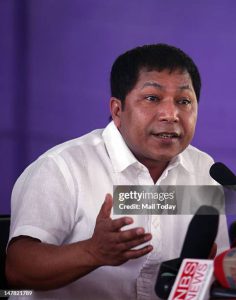
Former Meghalaya CM Mukul Sangma spoke mostly in English, and that created a wall between him and the largely Bengali-speaking crowd. As he began drawing links between Bengal and the Northeast, Abhishek Banerjee arrived—sending the crowd into a frenzy. Sangma’s voice was literally drowned out, and he had to wrap up abruptly. Unfortunate timing, poor delivery choice.
Laliteshpati Tripathi: Big Promises, Modest Impact
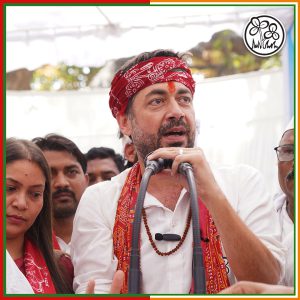
Hailing from a political dynasty in Uttar Pradesh, Laliteshpati promised to send a TMC MP to Parliament from his state. He even claimed Narendra Modi would lose from Varanasi next time, calling it true homage to Bengal’s martyrs. But the emotional weight didn’t land with the local crowd. His speech rating dipped for being overly aspirational and geographically disconnected.
Arup Biswas: The Echo Chamber
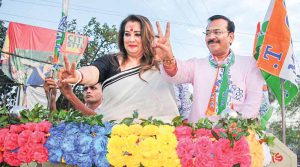
Arup Biswas is known as the “last man before the leader,” and he lived up to that role. He paused midway to raise chants for Mamata Banerjee. His speech was a collection of Mamata-isms, repeated with loyalty and rhythm. From attacking BJP’s communal politics to evoking Kalimata and Durga in his punchlines, he was the loudspeaker, not the composer.
Jyotipriyo Mullick: Off-Key and Off-Track
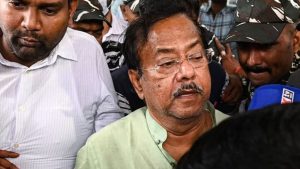
In an attempt to attack BJP MP Shantanu Thakur, Mullick alleged that Thakur was selling “Matua cards” for cash. He also accused the police of targeting Matuas in Bengal—a claim that could embarrass his own party’s government. To make things worse, his historical reference to the 2003 Citizenship Act backfired, as it was passed during Vajpayee’s government when Mamata herself was a Cabinet minister. Indranil Sen had to intervene, grab the mic, and signal the crowd to clap and move on.
From polished deliveries to public stumbles, the speech ratings at the Dharmatala stage showed who’s ready for prime time—and who’s not. As TMC inches toward another high-stakes election, these eight speeches gave a snapshot of the internal bench strength and the challenges of going national while staying rooted in Bengal.

